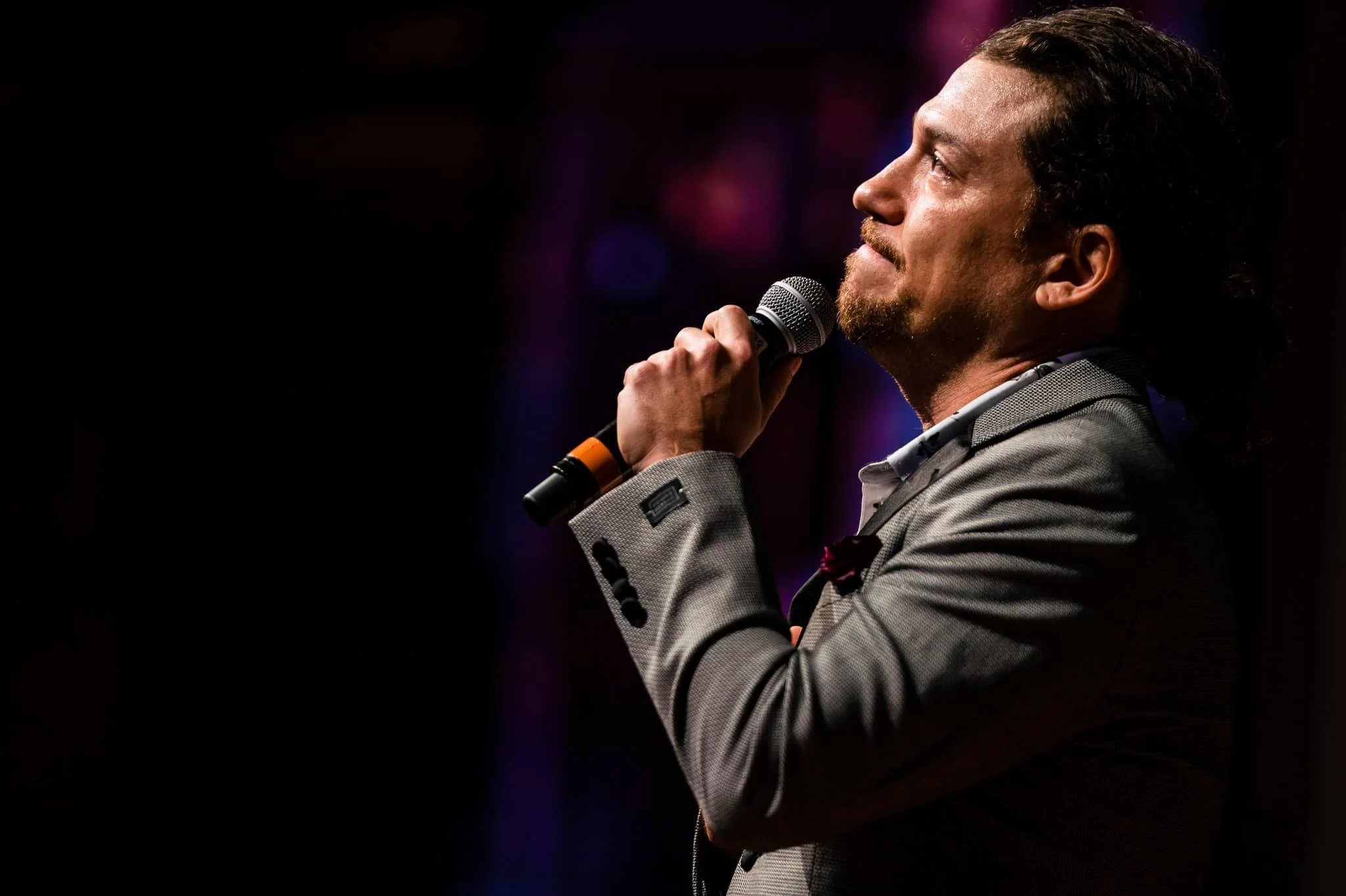The Greatest Grief
My friend, Mel, texted me this week, “I was just listening to a St. Jude commercial and heard someone say, “There is no pain like losing a child” and I thought about you and what you said about the comparing of loss at your book signing.”
What she’s referring to is what I’ve said at nearly every in-person and virtual event I’ve done to promote Normal Broken: loss is loss is loss - no loss is more significant than any other. Then I read the Mark Twain quote from the prologue of my book, “Nothing that grieves us can be called little: by the eternal laws of proportion a child’s loss of a doll and the king’s loss of a crown are events of the same size.” I do this to prevent people from hearing of my loss - of my losses - and feeling that theirs doesn’t compare. All because society has deemed child loss the holy grail of grief.
Not thirty minutes before Mel texted me, I had been scrolling Instagram and came across a post promoting the second season of Anderson Cooper’s fantastic podcast on grief, All There Is. This week’s episode was about a mother who lost her child at 23 weeks’ gestation and is titled, “The Greatest Loss”. While I am incredibly grateful that he is making space for child loss, this one-two punch of competitive grief riled me up more than I care to admit. And thus, this week’s blog was born, in part because I needed to vent, but more so that I could figure out why this widely accepted standard was upsetting me as it was.
Countless times I have been told with the utmost sincerity and respect, “I lost my parent/spouse/sibling, but that’s nothing like losing a child.” Child loss is generally considered, to quote from Hamilton, “the unimaginable”. It is not the natural order of life for a parent to outlive their child even though it happens every day whether we want to acknowledge it or not. The thing is labeling grief from child loss this way doesn’t benefit the griever as many people seem to think it should. I believe the intent is to validate the intensity of the grief, which I can respect. The reality though, is it becomes difficult for the griever to share their struggles because they don’t want to burden someone else with their unspeakable reality.
Prior to finding my amazing publisher BenBella, I was told by several editors at other publishing houses that they didn’t want to work on a book about grief originating from child loss. They liked the material but wished I had lost a spouse instead of a child. In the real world, my ultimate loss didn’t come with accommodations and a medal, but with a muzzle and a scarlet letter.
The effects of hierarchal grief are also felt in daily life. Take, for example, the anxiety around being asked, “How many children do you have?”. Thanks to a revelation from my son Jackson, I realized that my fear of this question didn’t lie in having to answer it - I LOVE to talk about Adelaide. No, the fear and anxiety come from having to manage the questioner's reaction and resulting guilt in sharing our “unimaginable” reality.
All of these seemingly good intentions create a tightrope grieving parents are expected to walk. If child loss is the most devastating loss there is, then how could a parent ever possibly survive or experience joy again? Conversely, no one wants to be reminded of this kind of grief so it’s best to hide it away. Cue an intense guilt loop because you’re damned if you do and damned if you don’t.
This also applies to miscarriages, stillbirths, loss shortly after birth, or termination for medical reasons. Though, in these scenarios, there is the added pressure to get over the grief sooner or to just have another baby. This kind of child-loss grief is considered replaceable – not so dissimilar from the way we treat pet loss.
Which leads me to the crux of my sensitivity around comparative grief. As many of you know, I lost two children. Adelaide when she was nearly four and Elvis at 21 weeks gestation. I grieve for them both – but that grief does not look or feel the same and this has caused me a lot of shame. I carried both in my womb and regardless of the time spent with either, they were both my children. Shouldn’t their losses impact me similarly? When someone asks me how many children I have, my answer is usually three, rarely four. What does this say about me?
Before comparing my grief for my children sends me into a full kamikaze tailspin, I am usually able to pull up and remember that all grief is unique. Just as I grieve differently from Miguel, I also grieve my individual losses differently. And that’s ok. There are no hard and fast rules in grief, there is no timeline, and there is no grief hierarchy.
Grief fucking hurts.
Let it hurt without pretext, context, or qualifiers.
Unless someone does start handing out awards for greatest grief, in which case, you know my oldest daughter, competitive Aries, ass will be first in line.
Image description: Profile of Miguel against a dark backdrop. He is wearing a light grey suit and looking towards the sky while holding a microphone. His lips are clenched as if he is holding back tears.
Photo credit: Studio 22 Photography



